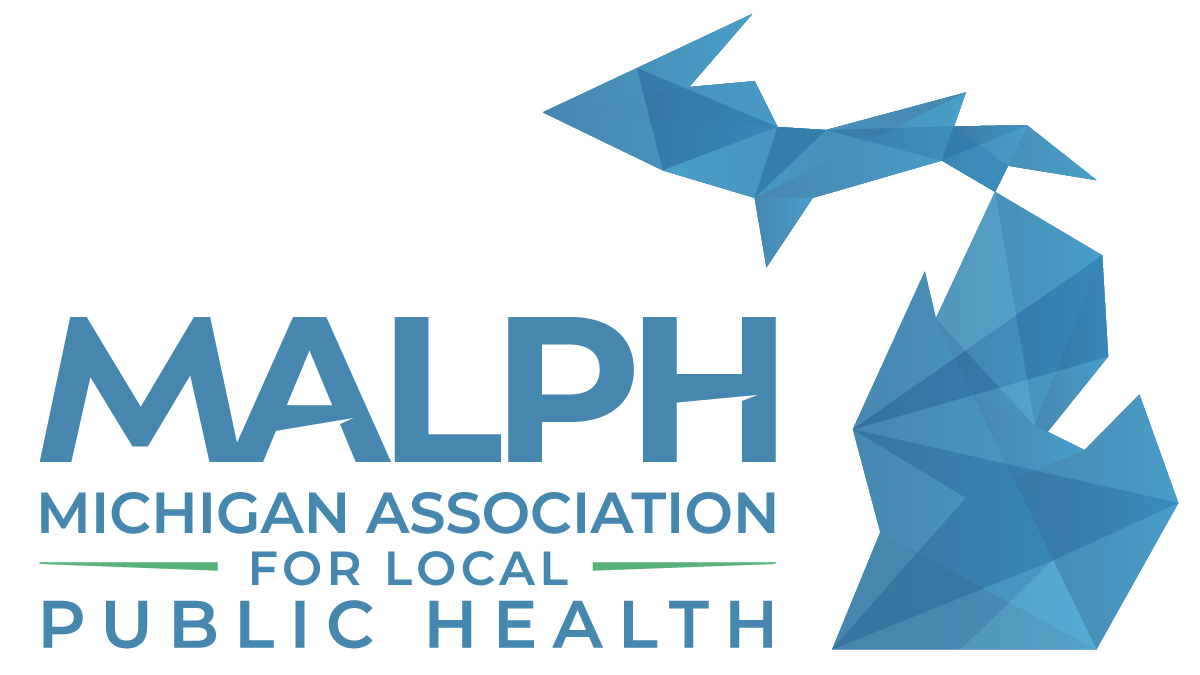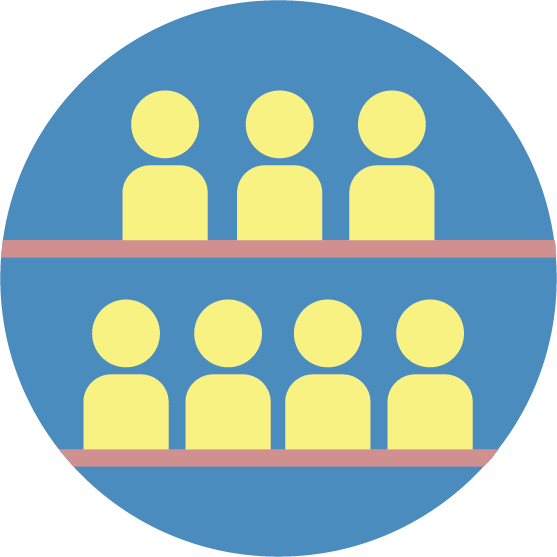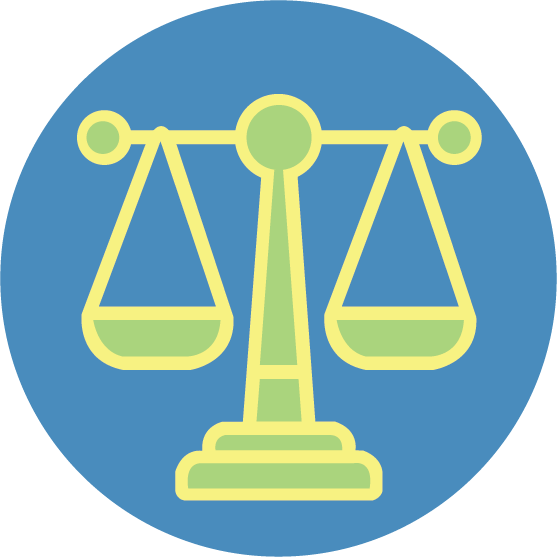3-4pm
Free 5-Part Private Well Webinar Series
Well Surveillance, Treatment, and Well Testing Approaches for
Safe Groundwater and Private Wells
Join us for this webinar series with water experts from academia, public health, and industry to learn the latest information about domestic well water quality and safety.
Webinar 1 - A Mental Models Approach to Risk Communication for Private Well Testing
Speaker: Dr. Jacqueline MacDonald Gibson, Professor and Chair, Department of Environmental and Occupational Health, School of Public Health, Indiana University
In this webinar, Dr. Gibson will provide insights on her work that explores the mental models approach to risk communication to design an intervention to increase private well water quality testing in peri-urban neighborhoods without water service. This approach gathers data on beliefs and knowledge of the target population, compares them to expert knowledge, and designs the risk communication to include the most prevalent knowledge gaps and misconceptions that are also the most decision-relevant ones.
March 3 at 12 - 1 pm ET
Register Here
Webinar 2 - Collaborative Pilot-Scale Evaluation of Granular Activate Carbon (GAC) and Ion Exchange Medias for Removal of PFAS from Groundwater (Updated time)
Speaker: Dr. Adam Redding, Technical Director - Drinking Water Solutions, Calgon Carbon Corporation
In this presentation, Dr. Redding will share insights on the pilot study that explored the evaluation of Granular Activate Carbon (GAC) and Ion Exchange Medias for the removal of PFAS from groundwater. This study looked to directly compare the performance of GAC and IX in a scalable manner by matching pilot-scale hydraulic loading rates to full-scale loading rates.
March 3 at 2 – 3 pm ET
Register Here
Webinar 3 - Private Water System Protection and Treatment
Speakers: Susan Boser, Water Resources Educator, Penn State Extension; Andy Yencha, Water Resources Educator, Penn State Extension; Danielle Rhea, Water Resources Educator, Penn State Extension
Educators from Penn State Extension’s Water Resources Team will discuss private water systems and how to assure a safe drinking water supply. Topics will include maintaining systems, testing on a regular basis, and choosing the proper treatment when necessary.
March 7 at 1 – 2 pm ET
Register Here
Webinar 4 - Tennessee DOH's Approaches to Estimating Private Wells, Private Well Users, and Risk Estimations
Speakers: Mariah Caballero, Doctoral student, Vanderbilt University; Austin Fernandez, Doctoral student, Vanderbilt University; Dr. Yolanda Jane McDonald, Professor, Vanderbilt University; Judy Manners, Environmental Health Specialist, TN Department of Health
In this presentation, the Tennessee Department of Health and Vanderbilt University will describe their collaborative work on estimating the number of private domestic wells and private domestic well users in Perry and Hickman Counties in Tennessee. The speakers will also describe their approaches to estimating risk from regional contaminants within the area of study. They will share fieldwork and methodological insights from the project, as well as future applications.
March 17 at 2 – 3 pm ET
Register Here
Webinar 5 - New Mexico DOH's Approaches to Estimating Private Wells, Private Well Users, and Risk Estimations
Speaker - Rose Galbraith, Drinking Water Epidemiologist, New Mexico Department of Health
In this presentation, the New Mexico Department of Health will describe their work on estimating the number of private domestic wells and private domestic well users in New Mexico. The speaker will also describe their approaches to estimating risk from regional contaminants within the area of study. The speaker will also share insights on determining private well testing distribution patterns within the area of study.
March 22 at 3 - 4 pm ET
Register Here
Up to one continuing education contact hour can be earned for each webinar attended.







